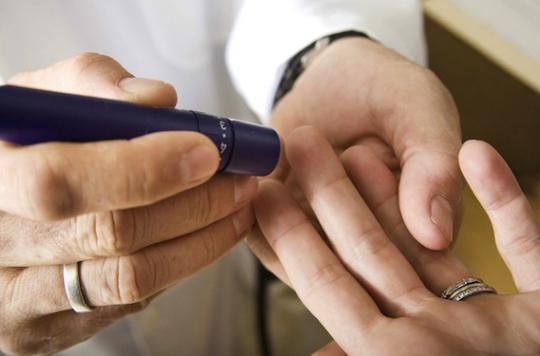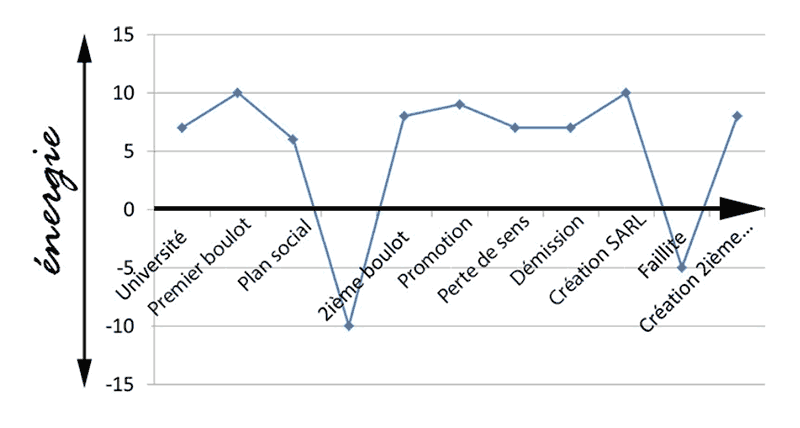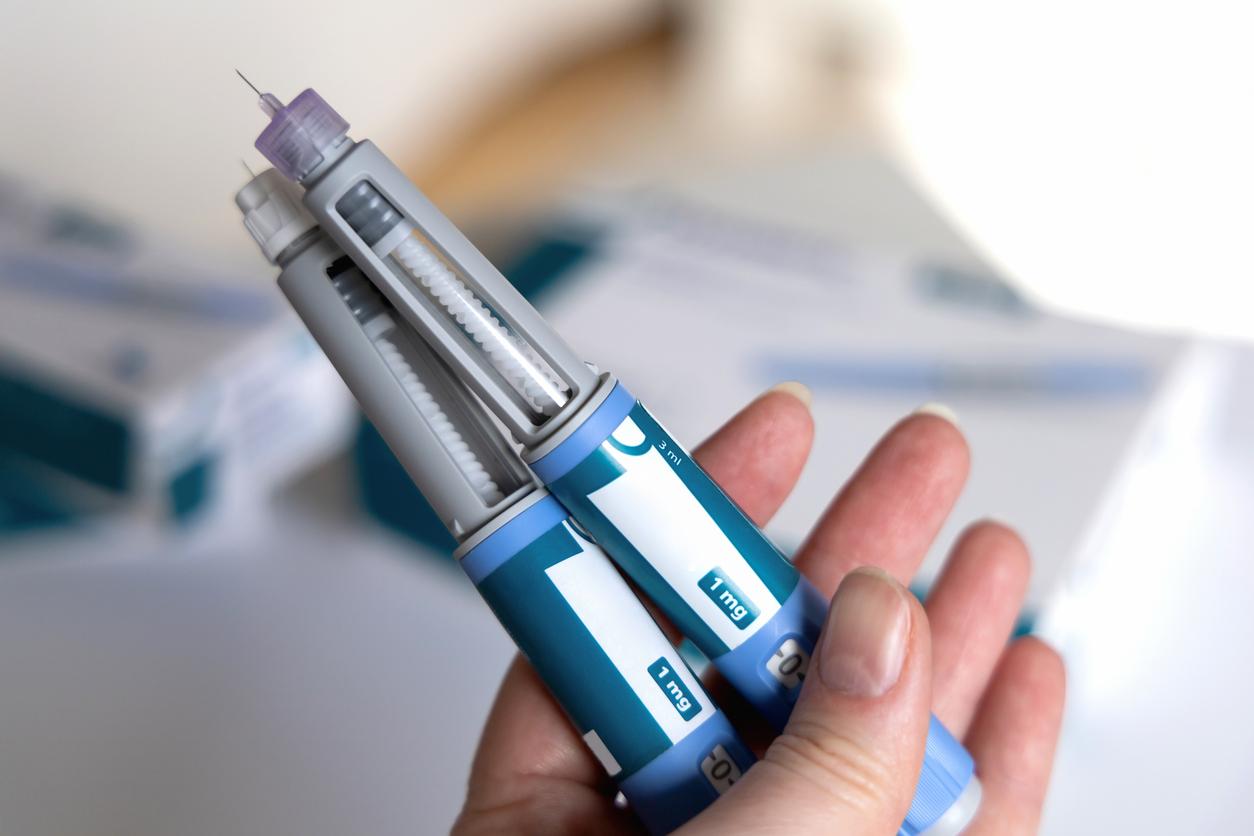The French Federation of Diabetics is launching the Diabetes Risk Screening Week. In France, 700,000 diabetics are unaware that screening tests exist.

How do you know you are diabetic? Who is concerned ? What are we risking? To answer all these questions, the French Federation of Diabetics (AFD) is mobilizing its troops from June 6 to 13 to launch a “nationwide” screening campaign. A “new and offbeat” parade, all with fanfare, will thus take place in Paris, but also in all the cities participating in this mobilization campaign.
The goal: to inform people about the factors that favor the onset of diabetes and above all to prevent the risks. The seriousness of the complications of this pathology and its trivialization in people’s minds, have prompted AFD to unite its volunteers around this public health issue.
In 2012, according to the National Institute for Sanitary Watch (InVS) the prevalence rate was 4.6%.
A rapid screening test
To find out whether or not people present risk factors for being diabetic, each local association of the Federation will offer a screening test in the form of a questionnaire, intended for pre-diabetics. In five questions, it will first of all be a question of indicating his age group, his weight and his height. It will also be necessary to inform the family history of diabetes and to say whether or not one practices sport. Finally, you must indicate your last known blood sugar level.
Cholesterol, tryglyceride or hypertension disorders associated with overweight very often indicate a marker of pre-diabetes. Detecting and monitoring these points “makes it possible, if not to avoid, at least to postpone the onset of diabetes,” warns AFD.
The objective is therefore clear: to refer people whose test would suggest the presence of a risk of diabetes to a health professional who can confirm or not the diagnosis. This is is also available on the Federation’s website.
A silent epidemic
Diabetes is characterized by too much sugar in the blood: hyperglycemia linked to poor functioning of the pancreas. If it is not detected or if it is poorly controlled, diabetes deteriorates the proper functioning of vital organs. Blindness, kidney failure, cardiovascular disease or even amputation are all health problems with which diabetics can be confronted.
According to the World Health Organization (WHO), we speak of diabetes when the level of sugar in the blood is greater than or equal to 1.26 g / l. In France, four million people are affected by this disease and, every day, 400 new cases are declared.
In addition, 700,000 French people are unaware of being diabetic, which leads to serious complications, since not treated in time. “If nothing is done, 1 in 10 French people will be affected within 15 years,” warns AFD.
.
















